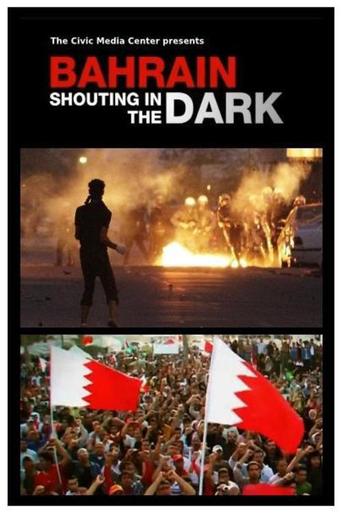Paula Schramm
I'm a bit of a poser, in that I have only seen maybe 15 minutes of scenes from this wrenching documentary. The filmmaker just won the Polk award , so I surmise that the rest of it was as good as the parts I saw. As the "Arab Spring" protests for justice and democracy spread through the Middle East in early 2011, people long repressed by the Bahrain monarchy spontaneously gathered at the central Pearl Square to join in the call for their rights. As the United States remained silent , ( even while voicing support for similar movements in Tunisia, Egypt and Libya), the government moved to crack down on its citizens, beginning by rushing into the square in 2am darkness to beat up and shoot sleeping protesters who had camped there for the night. The suppression spread to arresting & beating up doctors at the hospital who were desperately trying to care for the many injured, and some who were dying. It didn't matter that they were treating wounded policemen too. Many doctors have since been tried and are serving long prison sentences for doing what doctors take an oath to do : give medical care to injured people.Al Jazeera English journalist May Ying Welsh was the only outside reporter chronicling what was going on in Bahrain. She was there for 2 months and provides a vivid and heart-breaking record of people struggling for their rights and being unnoticed and essentially abandoned by the rest of the world. Especially egregious is the lack of response from the United States, who keeps their 5th fleet in the ports of Bahrain, and doesn't dare anger their important Suni allies,Saudia Arabia."Bahrain - Shouting in the Dark" is a film that will not leave your heart untouched, and will hopefully help to fill the shameful gap in our knowledge of what has gone on in Bahrain. May Ying Welsh displayed great fortitude in staying on while all other journalist were kicked out, and she has given us an incredible and moving account of the courageous citizens of Bahrain.

